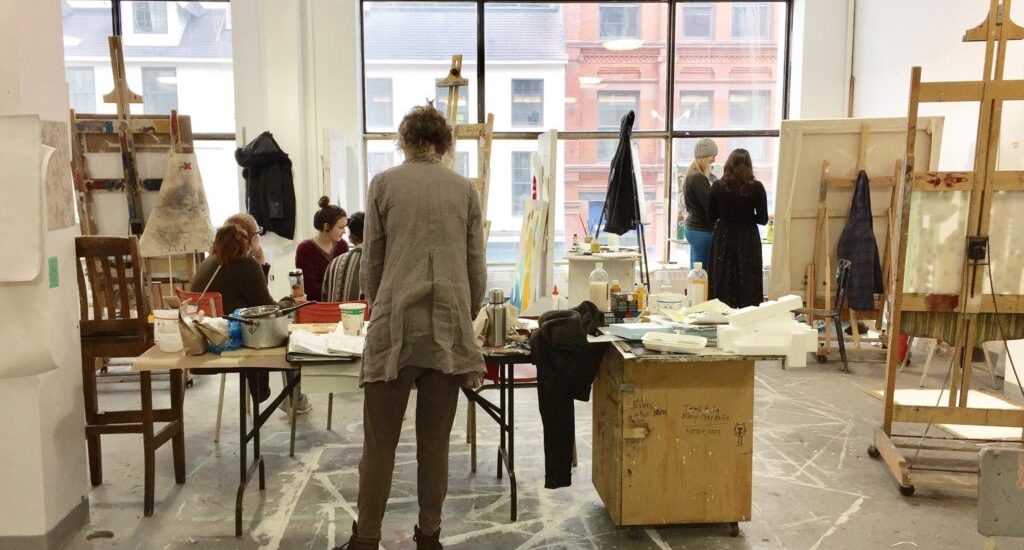
KJIPUKTUK (Halifax) – Students at NSCAD University, the venerable post-secondary art school in Halifax, are worried that tuition fees will be raised once again this year.
Already hit hard by coronavirus-related challenges, how are students going to pay the already very high fees, especially Black, Indigenous and POC students who are disproportionately affected by the crisis? the student union, SUNSCAD, asks. The student union is asking for a tuition freeze for the upcoming year, and a phased lowering of tuition fees over subsequent years.
Meanwhile, the university tells us that a decision on next academic year’s tuition fees will be made on June 25.
On Friday I spoke with Raquel Silva, SUNSCAD Vice President Academic, and a fourth-year student at the University.
Have the tuition fee increases been announced?
There has not been an announcement yet. We’re conducting this campaign right now because in the past five years NSCAD has raised tuition over 50%, and the school has gone from being one of the lowest in Canada in terms of tuition to one of the highest. Based on that history, it’s more than likely that we face yet another raise, especially now, because the university is facing financial pressures since their enrollment is expected to drop because of COVID-19 and the likely switch of many classes to an online format.
Why is this a concern?
Most students have lost their part time jobs during the year and were unable to find the usual full time summer jobs. Those full time jobs usually give us money to go through the next school year, pay for school supplies, pay the rent, pay for food and basic necessities. Because of this, a lot of students are looking to drop out because they just can’t afford it anymore. We hear from quite a few students who say it will be simply unfeasible to attend NSCAD University in the fall. This is especially true for underprivileged communities.
Should we simply blame NSCAD University, or is there a larger problem?
The student union is not only calling on the university, we’re also calling on the provincial government to act. Post secondary schools in Nova Scotia don’t get enough funding, and that’s why Nova Scotia universities have some of the highest tuitions in the country.
NSCAD responds
We asked the university to respond to SUNSCAD’s concerns.
“This year the budget review process for the 2020/21 Operating Budget has been delayed as a result of COVID-19 and will be finalized on June 25th. NSCAD recognizes that the pandemic has created exceptional economic hardship for students and their families. We acknowledge that tuition increases at this time could create further barriers to participation in our programs, and are actively exploring all options. No decision on tuition increases has been made at this time,” writes Dr. Aoife Mac Namara, NSCAD University’s president, in an email to the Nova Scotia Advocate sent on June 12.
“While students at NSCAD come from diverse economic, social and cultural backgrounds, not all students will be impacted by changes to tuition in the same way. Research shows that financially self-supporting students are most likely to experience tuition levels as a barrier to participation. We know that Black, Indigenous and Persons of Colour represent a significant number of the students at NSCAD who are supporting themselves independently of their families,” Mac Namara writes.
How readers can support SUNSCAD
Students are also asking that alumni, community members, and the public stand in solidarity with the students of NSCAD University and request the Board of Governors to freeze tuition for the 2020-2021 academic school year. Letters of solidarity can be sent to sunscadresponses@gmail.com.
Sign the SUNSCAD petition at http://chng.it/DzPSgrjHTR
With a special thanks to our generous donors who make publication of the Nova Scotia Advocate possible.
Subscribe to the Nova Scotia Advocate weekly digest and never miss an article again. It’s free!



